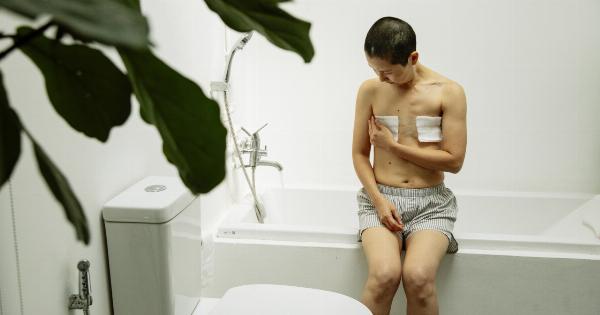Breast cancer is one of the most common types of cancer affecting women worldwide. While certain risk factors such as age, genetics, and family history cannot be controlled, there are several steps you can take to reduce your risk.
By following these 10 simple tips for preventing breast cancer, you can lower your chances of developing this devastating disease.
Eat a Healthy Diet
A balanced diet plays a crucial role in maintaining overall health and reducing the risk of various cancers, including breast cancer. Include a variety of fruits, vegetables, whole grains, lean proteins, and healthy fats in your meals.
Limit your intake of processed foods, saturated fats, and sugary beverages.
Exercise Regularly
Engaging in regular physical activity not only helps in maintaining a healthy weight but also reduces the risk of breast cancer. Aim for at least 150 minutes of moderate-intensity aerobic exercise or 75 minutes of vigorous-intensity exercise per week.
Incorporate activities like brisk walking, swimming, cycling, or dancing into your routine.
Maintain a Healthy Weight
Being overweight or obese is linked to an increased risk of breast cancer, especially after menopause. Take steps to maintain a healthy weight through a combination of balanced diet and regular exercise.
If you are overweight, make gradual changes to your lifestyle to achieve a healthy weight.
Limit Alcohol Consumption
Drinking alcohol is associated with an increased risk of breast cancer. If you choose to drink, limit your alcohol consumption to no more than one drink per day.
It’s important to note that the risk increases with the amount of alcohol consumed, so reducing or eliminating alcohol altogether is even better.
Avoid Tobacco
Smoking and exposure to secondhand smoke are not only harmful to your lungs but can also increase the risk of several types of cancer, including breast cancer. If you smoke, seek help to quit, and avoid exposure to secondhand smoke as much as possible.
Be Aware of Hormone Replacement Therapy (HRT)
Hormone replacement therapy (HRT) can help relieve symptoms of menopause, but it is important to understand its potential risks.
Long-term use of combined HRT, which includes both estrogen and progesterone, can slightly increase the risk of breast cancer. If you are considering HRT, discuss the potential risks and benefits with your healthcare provider.
Breastfeed Your Baby
Women who breastfeed their babies for a longer duration have a lower risk of breast cancer.
Breastfeeding is not only beneficial for the baby’s health but also reduces a woman’s exposure to estrogen levels, which can contribute to breast cancer development.
Practice Self-Examination and Schedule Regular Mammograms
Regular self-examination and mammograms are essential for early detection of breast cancer. Perform self-examinations monthly to become familiar with the normal look and feel of your breasts. Report any changes to your healthcare provider immediately.
After the age of 40, schedule regular mammograms as recommended by your doctor.
Reduce Exposure to Environmental Risk Factors
Avoid exposure to environmental risk factors such as radiation and pollution. Limit your exposure to unnecessary medical radiation, and be cautious while using personal care products that may contain chemicals linked to cancer.
Whenever possible, choose natural and eco-friendly alternatives.
Stay Informed and Educate Others
Stay updated on the latest research and recommendations about breast cancer prevention. Share your knowledge with friends, family, and the community.
Encourage other women to prioritize their breast health by spreading awareness and supporting initiatives that promote early detection and prevention.















